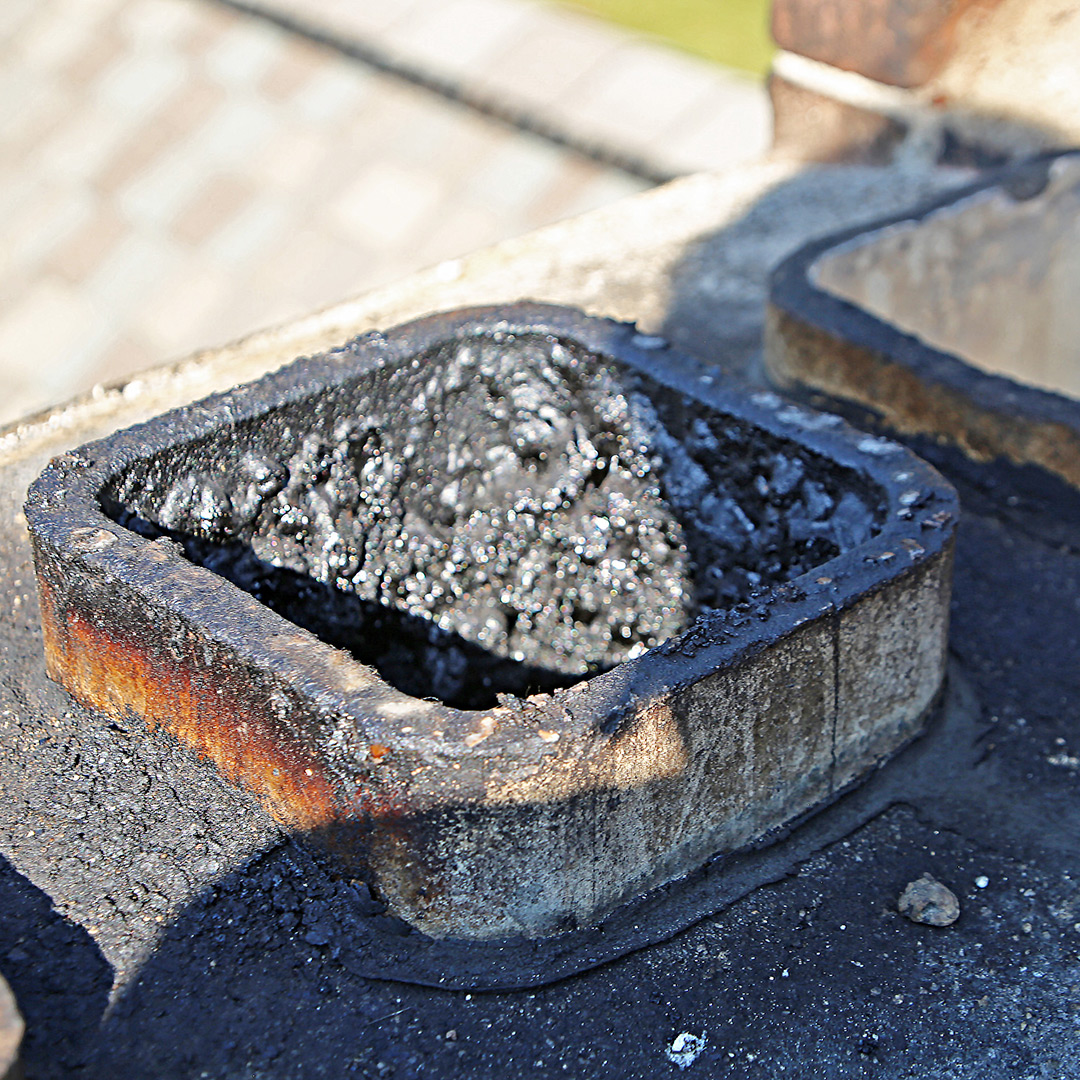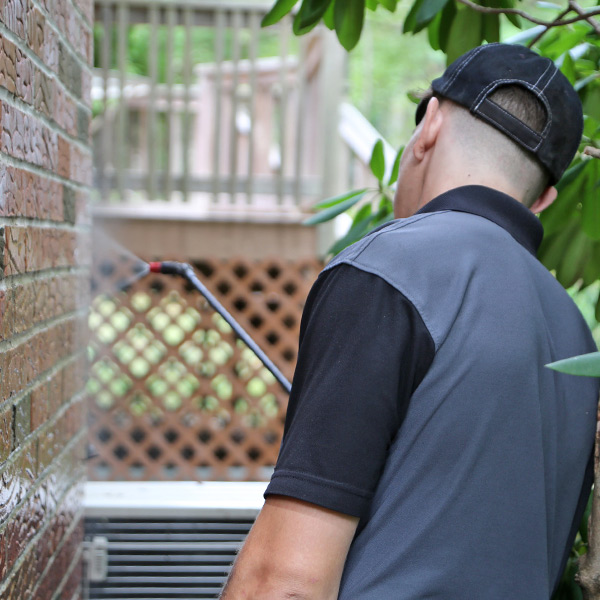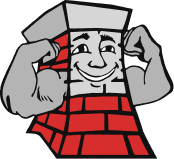Smelly Chimney & Fireplace Solved!
A fireplace is like a family pet — you love it, but sometimes, it stinks. This post shows you what causes your fireplace and chimney to smell and how to solve the problem.
 What Causes Chimney and Fireplace Odor
What Causes Chimney and Fireplace Odor
Creosote Buildup
One of the leading causes of chimney odors is creosote accumulation. Creosote is a byproduct of burning wood and starts as a flaky powder that sticks to the chimney’s interior walls. As it accumulates, it becomes a thick, sticky tar-like substance. At that stage, it’s highly flammable and the source of the strong, smoky odor you smell, particularly during heavy rain or high humidity.
Moisture Problems
Moisture can enter the chimney through cracks or having a damaged or no chimney cap. Dampness leads to musty odors and can spur mold growth, worsening the smell. Moreover, breathing mold spores can increase allergic reactions and breathing difficulties.
Animal Debris
Birds, squirrels, raccoons, and other critters seek shelter in chimneys during winter for warmth. They often leave droppings and sometimes die in the chimney, leading to unpleasant odors.
Negative Air Pressure
Modern homes are tightly sealed, leading to negative air pressure inside. This can cause downdrafts in the chimney, pulling in outside air and any foul odors from the chimney into your house.
How to Fix a Smelly Chimney
Fortunately, most chimney odors can be prevented by following these simple tips.
Regular Cleaning and Inspection
The most effective way to keep your chimney and fireplace from stinking up your home is by hiring a professional chimney sweep for annual cleaning and inspection. Professionals have the proper tools to remove creosote and the training to spot cracks and other issues that could lead to moisture getting in, leading to odors or damage.
Stay On Top of Repairs and Maintenance
It’s important to repair minor structural damage as soon as you notice the problem. Letting these things go leads to bigger issues that are more expensive to fix down the road.
The most common forms of chimney damage are cracks in the flue, brickwork issues, cracked crowns, and obstructions. Again, a professional chimney sweep will spot these issues during routine inspections and alert you so you can schedule repairs before they worsen.
Improve Ventilation
Here are a few tips to combat negative air pressure and make your fire burn more efficiently.
- Use a fireplace grate to allow more air movement through the wood.
- Warm the flue before lighting the fire.
- Open a window or door for a few minutes to give the fire fresh air.
- Consult your local chimney specialist about other ways to improve ventilation.
Install a Chimney Liner
Chimney liners are required for new home constructions, but if you have an older home, you should invest in a flue liner. Flue liners improve energy efficiency, reduce the chance of a chimney fire, and allow smoke and toxic gases to flow out of the home more easily.
Cap Your Chimney
A good quality chimney cap will prevent moisture and debris from falling in, which can lead to odors and blockages.
Burn Seasoned Firewood
The more smoke the wood produces when it burns, the faster creosote develops. That’s why it’s crucial to burn dry, seasoned firewood. Greenwood has too much moisture, burns less efficiently, and makes more smoke, leading to creosote.
 Waterproof Your Chimney
Waterproof Your Chimney
Moisture wreaks havoc on a chimney, especially in areas with a freeze-thaw cycle. You can prevent cracks and other damage by investing in applying a waterproofing product. Weatherproofing is cost-effective, lasts for years, and can extend the lifespan of your chimney.
Call Northeastern Chimney
Northeastern Chimney LLC is the best choice for chimney, fireplace, and stove needs in central Connecticut. We’re fully licensed, insured, and qualified.
Whether you need chimney cleaning, liner installation, inspections, masonry repairs, cap installation, waterproofing, flashing repair, firebox rebuilding, or anything in between, you can count on our qualified experts to do the job right the first time.
Contact us today at 860-233-5770.


